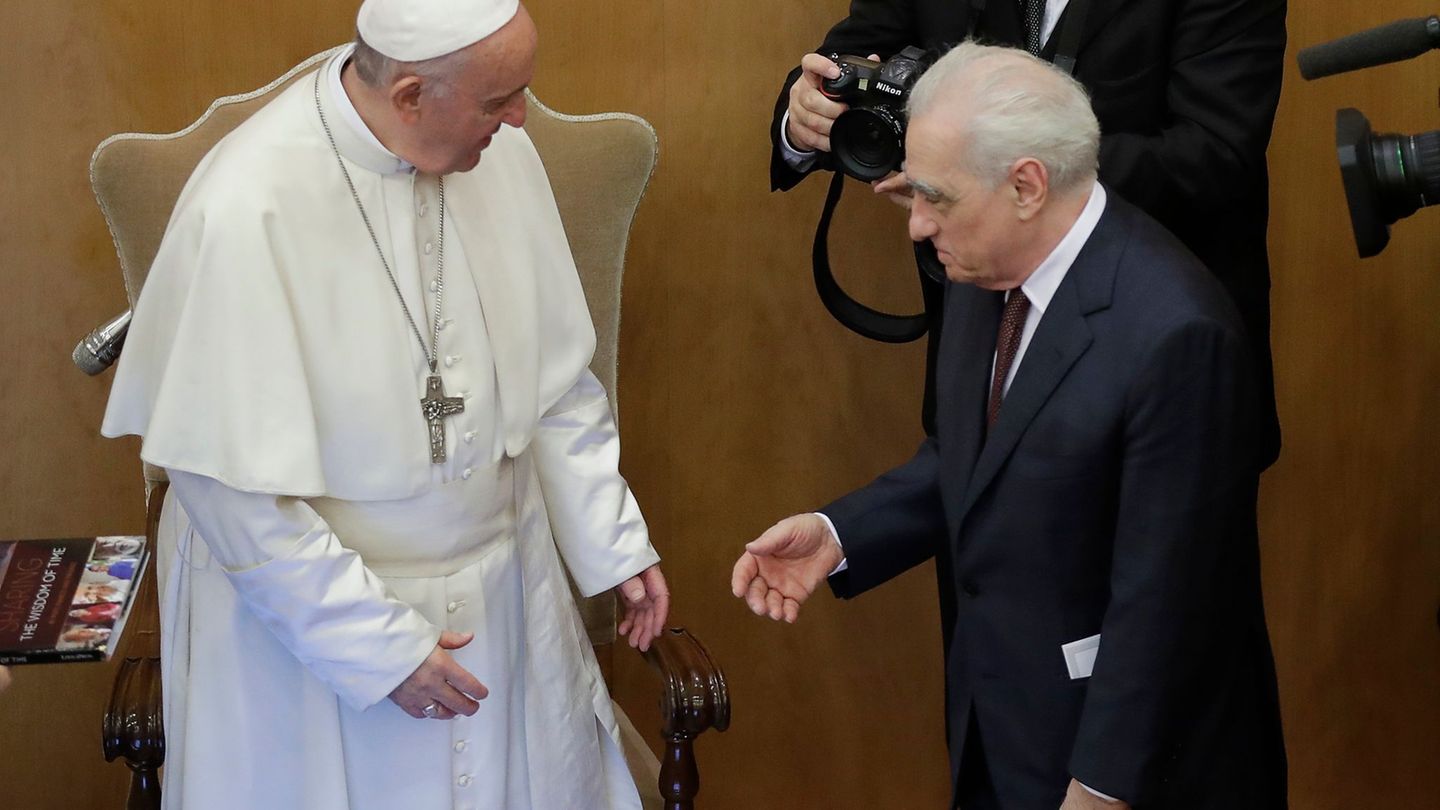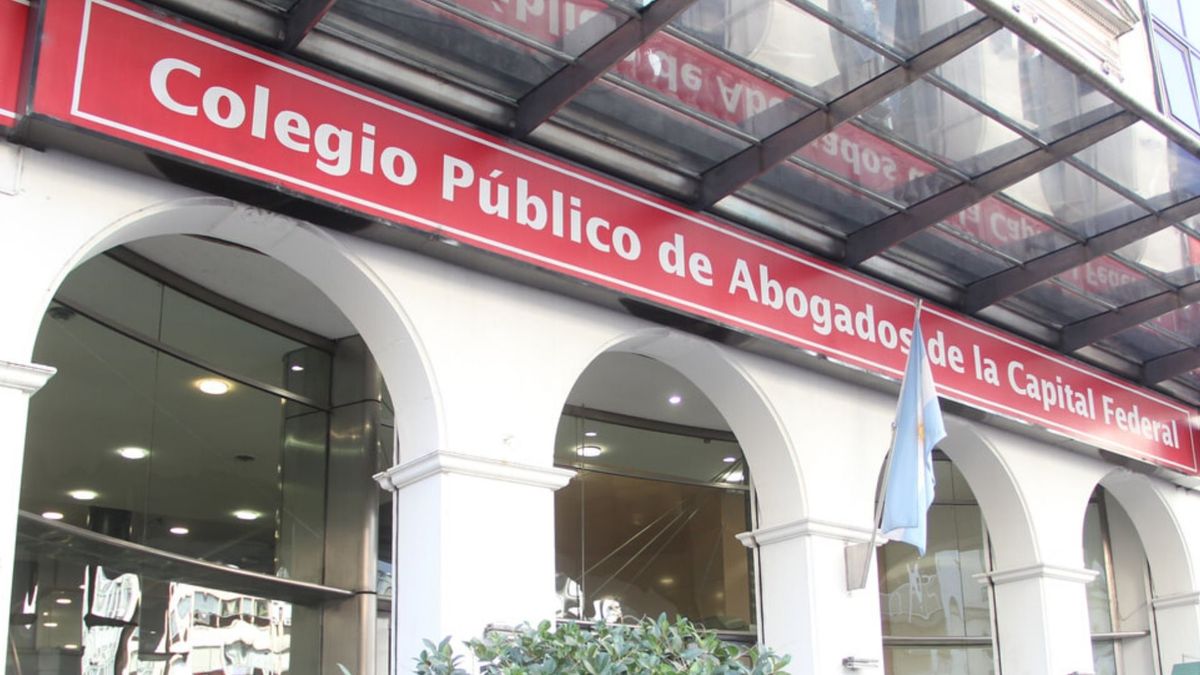Why don’t you also produce for Puls 4 or newspaper publishers and why do you absolutely want to give your content to the giants YouTube or TikTok?” Markus Breitenecker slowly tears the hat cord when he talks about the fee-financed initial advantage of the ORF of soon to be around 800 million euros addressed to private broadcasters and newspaper publishers.
Yesterday, the CEO of the ProSiebenSat.1Puls4 broadcasting fleet still stretched out his hands towards the ORF at the media inquiry initiated by Neos media spokeswoman Henrike Brandstötter: “We have to become partners and share content on various domestic media – against Silicon Valley. With that should the ORF be commissioned in the planned new media law,” says Breitenecker. Rather, it is becoming apparent that from 2024 the ORF will not only get more money with the household levy, but also more opportunities for online and social media. Radio boss Ingrid Thurnher spoke for the ORF: “I think it’s wrong to see social media as a restricted area for the ORF.”
Christo Buschek knows the attraction and dangerous background noise of social media from the ground up. Born in Graz, he is a software developer and won the 2021 Pulitzer Prize for his investigative work on Chinese internment camps. “We need to be able to look inside these machines. Fake images like those of Trump’s arrest are created in real time without a human being involved. That’s the dream of coordinated disinformation,” says the 43-year-old. Social media are optimized for targeted attention and proliferation.
Max Schubert, head of public policy at the Facebook holding company Meta for Austria and Switzerland, on the accusation that social media are data and financial octopuses without regard to losses: “No social network in the world has an interest in spreading hate and disinformation. ” Meta spends five billion euros a year on security.
From a monetary point of view, it is much smaller bread and butter when it comes to the allocation of public sector advertisements to local newspaper publishers. Nevertheless, the imbalance is enormous, as revealed by chats between Thomas Schmid and the Dichand family (“Kronen Zeitung”, “Heute”).
In response to threats (“We can also be different”) from Eva Dichand (Today), the public sector placed exorbitantly higher advertisements. “It’s about a system for making the media compliant,” says Horst Pirker (VGN Medien Holding), who sees all traditional media under threat: “Democracy is at stake here.” Gerald Grünberger (Managing Director of the Association of Austrian Newspapers, VÖZ) doesn’t want to go that far here: “The share of public sector advertisements in the total turnover of newspaper publishers is between 2.5 and 8 percent. There is little potential for advertisers to exert influence.”
more from culture
DSDS final: viewers stormed the stage, Sem Eisinger won
Delicious things are simmering in the “Shakespeare show kitchen”.
Hary Prinz: “You can also be embarrassed”
The Linz Ars Electronica Festival returns to the post-city
: Nachrichten
I am an author and journalist who has worked in the entertainment industry for over a decade. I currently work as a news editor at a major news website, and my focus is on covering the latest trends in entertainment. I also write occasional pieces for other outlets, and have authored two books about the entertainment industry.




